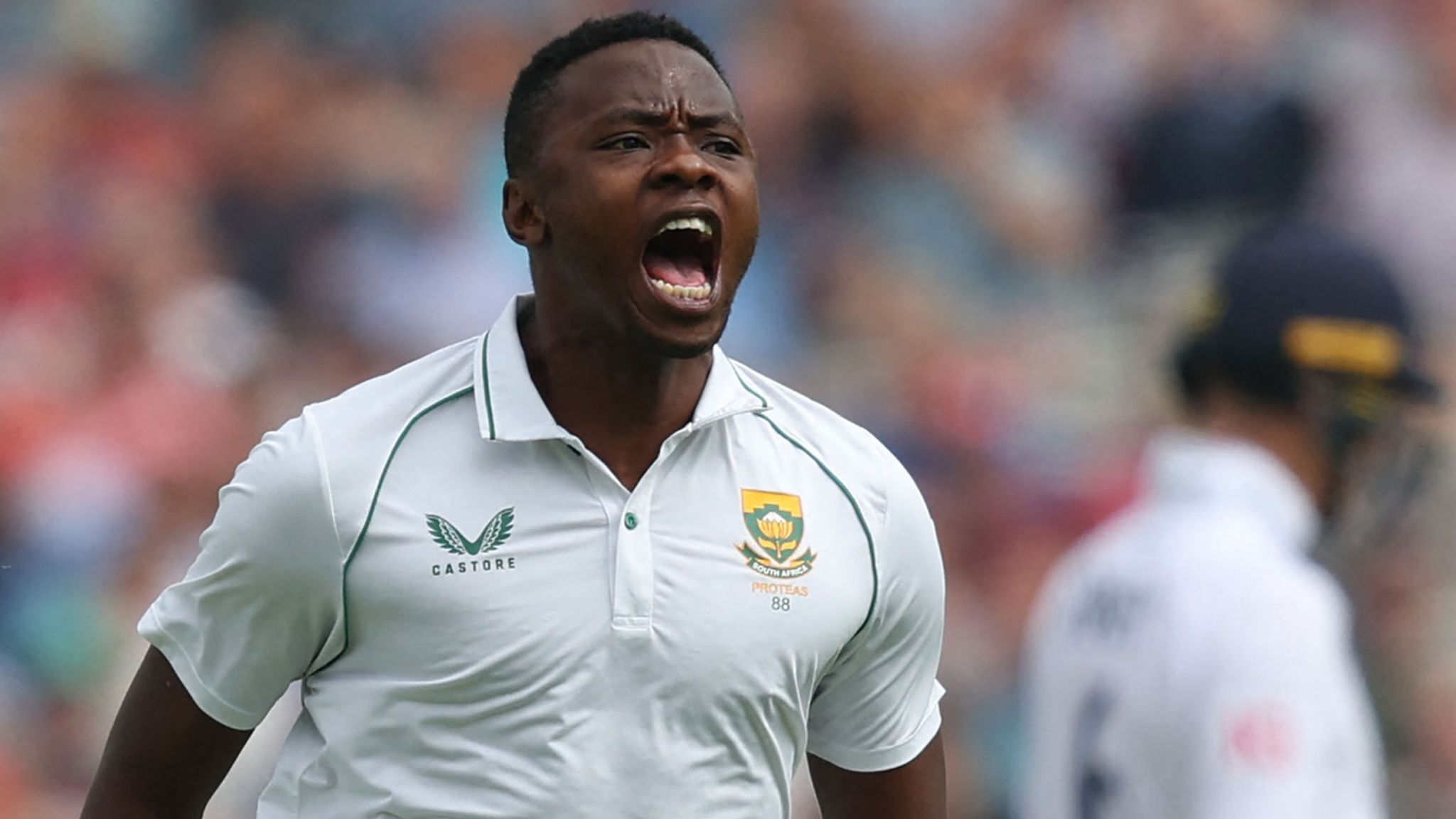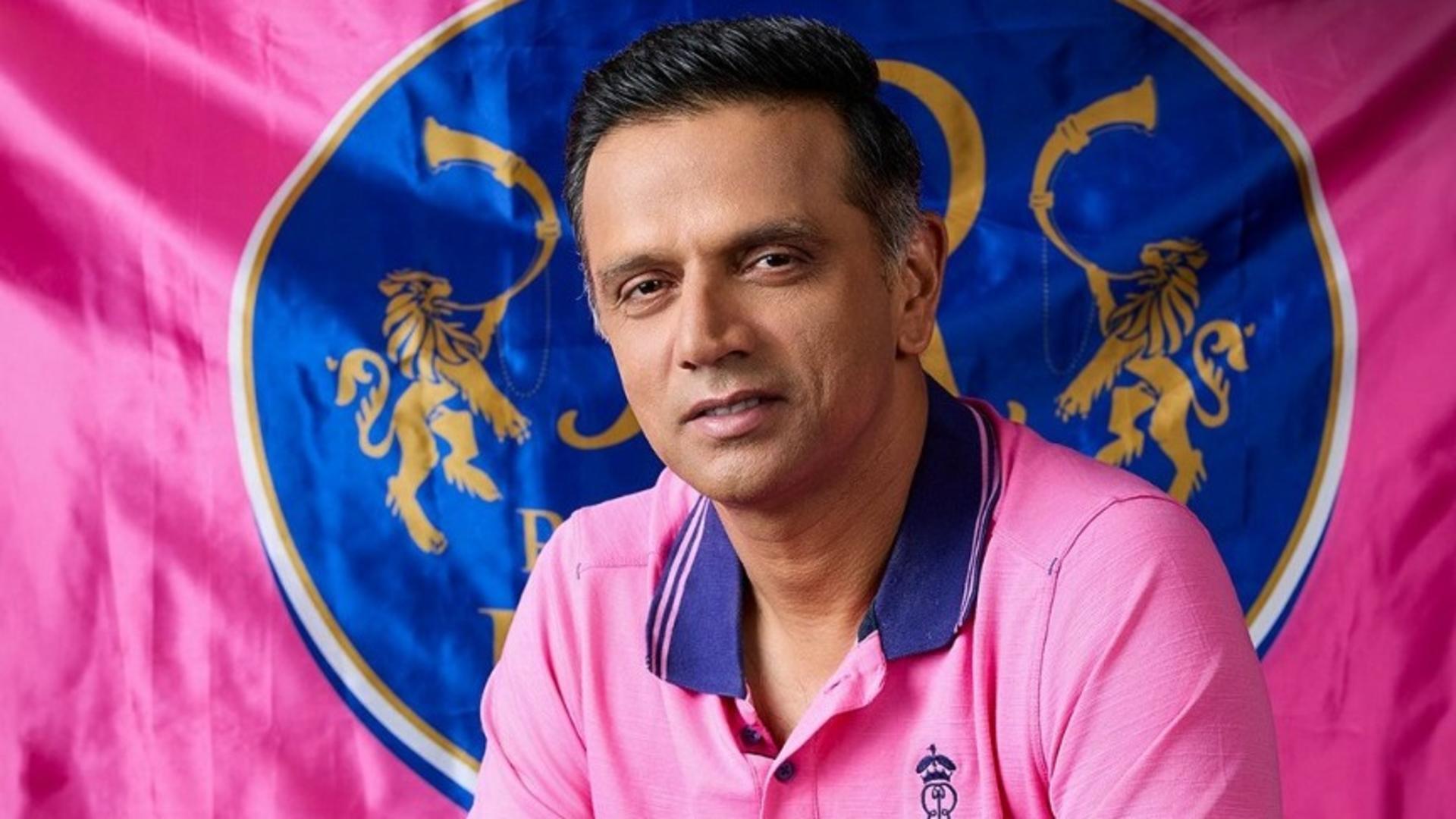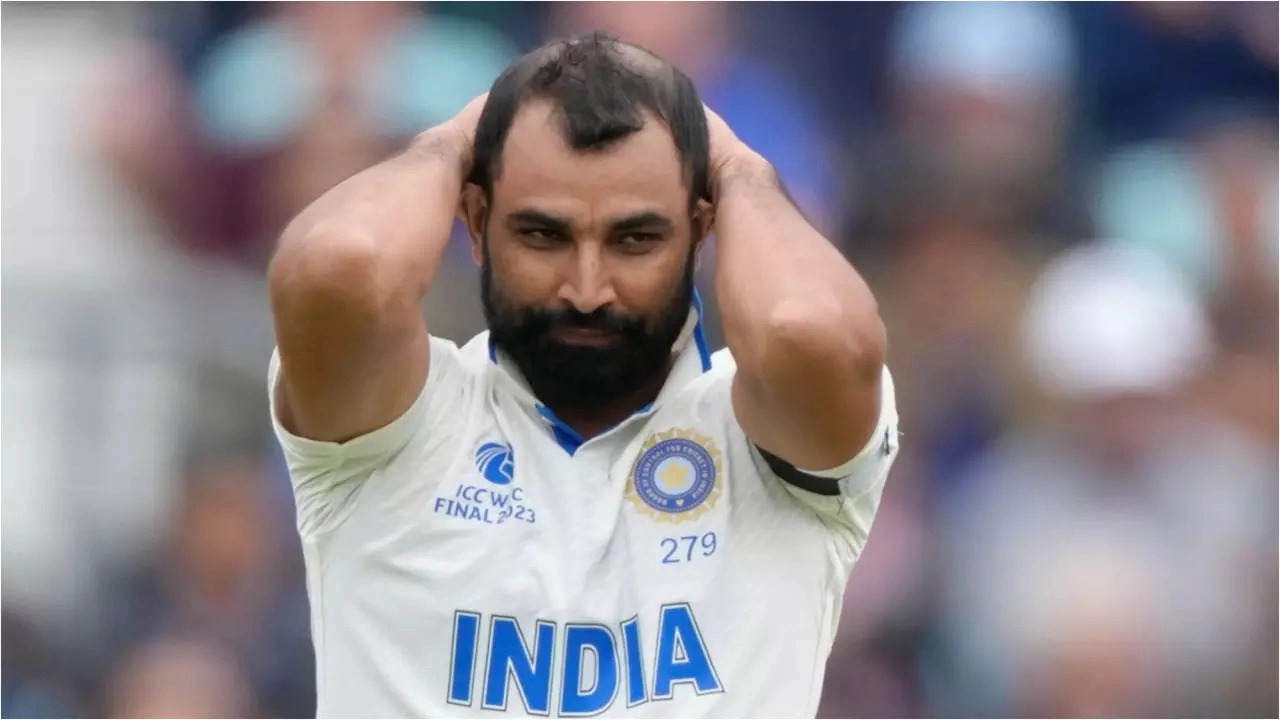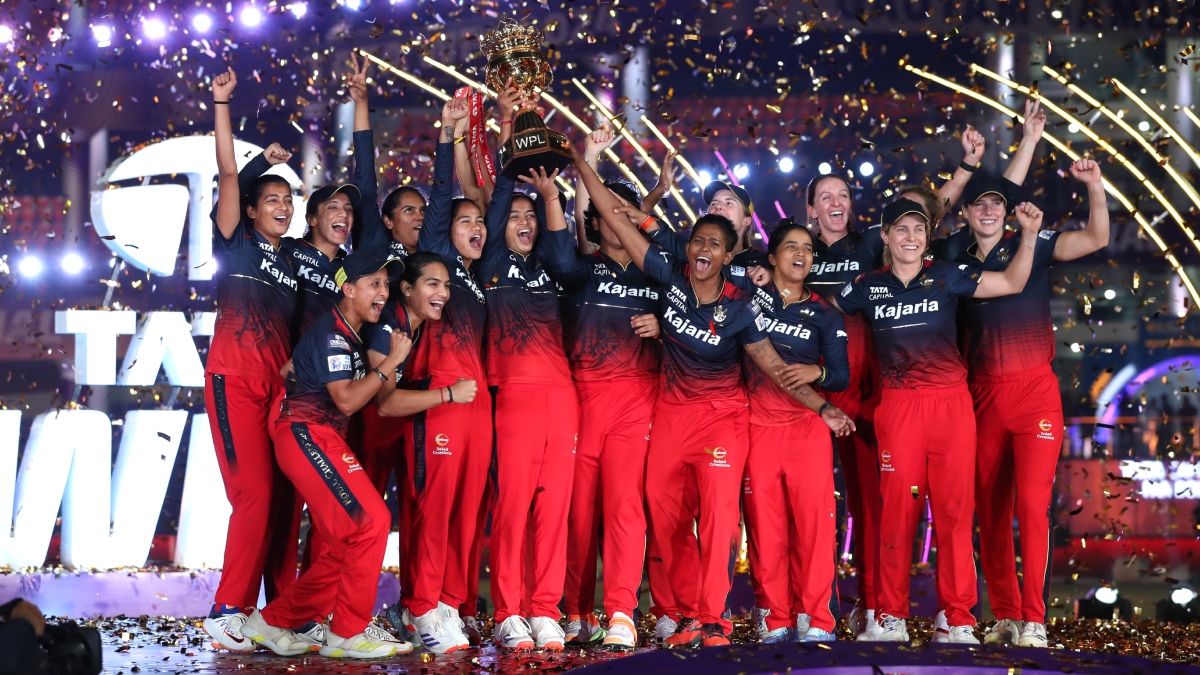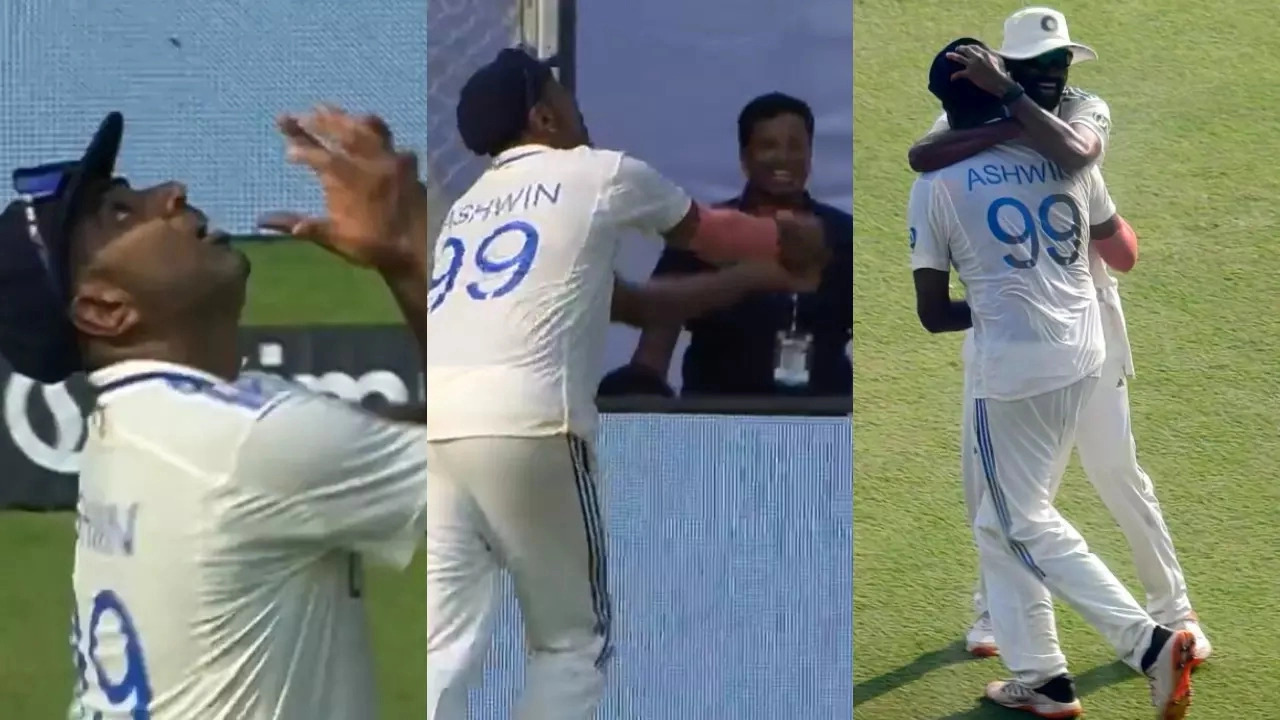Being black doesn’t scare Kagiso Rabada. Some of his fellow white people are unwilling to admit that he bowls well. He is unquestionably South African in those many situations; his blackness is hidden. But if he doesn’t live up to his own lofty expectations, the racist questions begin.
Is he putting in less effort because he knows he won’t likely be included in the CSA’s racial selection aim of having at least two black players and six other black and brown players in every starting eleven? Since no other black fast bowler could dethrone someone of his calibre, can he afford to coast? Is he indolent?
Since the first black player in South Africa, Makhaya Ntini, made his debut on the international scene in January 1998, enquiries of that nature have been directed against them. That’s over 26 years of a pernicious degree of mistrust and scepticism that is never directed at the white players in South Africa.
It is never questioned if they merited their selection. In contrast to the experiences of the black and brown players in South Africa, it is just assumed that they have.
The attention on this inequality was heightened last month by the T20 World Cup in the United States and the Caribbean. Out of the five brown players on the team, Rabada was the only player of African descent. This is the lowest number of black and brown players that South Africa has selected for a World Cup squad (in both formats) since there were six in the 2016 T20 World Cup. Eight were present in the World Cups of 2019 and 2023, and seven in the T20 tournaments of 2021 and 2022.
South Africa’s teams were previously selected by a panel. They are now only chosen by the coach. Rob Walter was responsible for selecting a record-breaking eight black and brown players for the World Cup last year, when it came to the white-ball lineups. When he unveiled the T20 squad, he was very clear that it was the CSA’s job, not his, to identify and develop potential. And he’s right.
Rabada does not have to be the greatest black fast bowler in the world. Without reservation, he is to be the best he can be. Did he feel more pressure to achieve, though, given his unique position in the T20 World Cup team and his personal knowledge of the challenges faced by Black people in a culture that still prioritises race even after apartheid was officially abolished in 1994?
Kagiso Rabada responded, “Not at all,” during a press conference on Tuesday. Yes, I am a black player. And it’s okay if I shouldn’t be there for good reason; I’m not unbeatable and I may be fired.”
That is correct in theory. However, if he had been benched for just one T20 World Cup match, there would have been real consequences. He did, in fact, participate in all nine of South Africa’s games. Thankfully, it was certain that he deserved to.
Rabada’s sophistication and background were evident. Among South Africa’s fast bowlers, his 13 wickets in the tournament trailed only Anrich Nortje’s 15, and his economy rate of 6.29 was only higher than Ottneil Baartman’s 4.94 and Nortje’s 5.74.
“It would be such a heavy thought to have during a World Cup; thinking about yourself being the only black player in a team,” Rabada stated. That detracts from the main point and seems like torture to me.
“However, there are difficulties, and your inquiry is legitimate as it ponders the feelings of both previous and potential future participants. These are issues that you must resolve.
“I can be bold about it and admit that I didn’t give it a lot of thought. However, I didn’t. And I didn’t hold myself to any standards. It all came down to taking home that cup. You never know how it feels for other players, though. Furthermore, the players’ mental health may be seriously damaged by what the media says about the circumstance.”
In a nail-biting final in Bridgetown, South Africa was defeated by India by seven runs, therefore failing to win the trophy. However, in their eighteen efforts, it was their first time to make it to a men’s World Cup final. It would not have gone unnoticed that with so few players of colour in their ranks, they advanced that far.
“There are certain things we have to make peace with in South Africa because we have a unique landscape,” Rabada stated. World Cups always appear to be the catalyst for transformation.
“You might wonder what elements could lead a gamer to believe they’re the only black participant in the game. It says things like, “We had to include players of colour or black Africans because we lost because of transformation.” And if you look back and ask yourself honestly, did transformation prevent us from winning a World Cup? Really, I mean it?”
That will make people think of the 2015 World Cup, where the suits from CSA destroyed South Africa’s dreams by insisting on adding another player who is black or brown to the semifinal. In that particular competition, Vernon Philander replaced Kyle Abbott, the team’s finest fast bowler, who was still recovering from a hamstring injury. On the penultimate delivery of the match, South Africa fell to New Zealand by a margin of four wickets. Since then, CSA has battled to win back the players’ trust, which was damaged by the administrators’ clumsy and disastrous interference rather than by the participation of the well-respected Philander.
The fact that Aaron Phangiso, the only other member of that squad who was not a player during the competition, was the only other member who was black was all but forgotten in the commotion that erupted after the suits’ careless intervention was made public. The fact that Russell Domingo, the coach at the time, is brown, further complicated the situation.
“It’s a unique system and a lot of people have different opinions on it because of where our country comes from,” Rabada stated. It’s not an especially simple system to comprehend and get over. It’s something that requires a contextual examination.”
That setting includes the Paris Olympics. South Africa’s first gold medal of these Games came from Tatjana Smith, who won the 100-meter breaststroke final on Monday. She also won the Tokyo 200-meter championship four years prior.
“She’s amazing,” Rabada remarked. “Two consecutive golds. That is incredibly motivating. As an athlete, it inspires me to pull off the same accomplishment. This gives one hope. She is representing the nation, and I am really happy with that.”
Prior to her November 2018 marriage to Joel Smith, the brother of Rachel Kolisi, whose husband Siya Kolisi led the Springboks to rugby union World Cup victories in 2019 and 2023, Smith’s surname was Schoenmaker. Rachel, Joel, and Tatjana are Caucasian. Siya is of African descent. Perhaps this would not be as significant in other nations. It matters a lot in South Africa, where interracial relationships were outlawed until June 1985 and are still uncommon. Despite not having been born until almost a year after apartheid ended, Rabada is aware that it does.
“She swims with white hair. I’m a black man, too. And observers are present. They aspire to follow in their footsteps and represent us globally by achieving the same things as these individuals.”
Also Read: In September, Afghanistan will host South Africa for a three-match ODI series
Not many of us can swim as good as Smith or bowl as well as Rabada. However, we can treat them decently when they lose and imitate their pride in each other’s champion exploits.









 Win Projections to be updated soon
Win Projections to be updated soon








